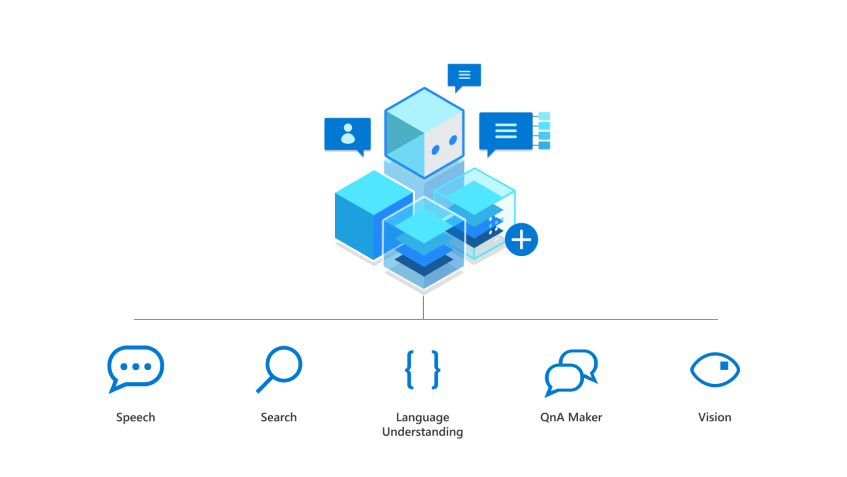The healthcare industry is a multi-trillion dollar industry and is considered to be one of the biggest industries in the world. With so much money at stake, it’s no wonder that cryptocurrency can be useful in healthcare.
Crypto has already made its mark in other sectors like finance; now it’s making waves in health care as well. Typically seen as slow and costly, healthcare technology companies are increasingly turning towards cryptocurrencies because of their speed as well as their lower transaction fees—which means more money in the pockets of patients.
Moreover, it’s easier than ever now to purchase cryptocurrency. All that a patient needs to do to buy cryptocurrency is pick a reliable cryptocurrency exchange and register. Once done, they can buy cryptocurrency with a credit card and even convert cryptocurrency into fiat currency. The ease of usage, lower transaction fees, and enhanced security makes it ideal for the healthcare industry.
Here are some of the top usage cases of cryptocurrency and blockchain technology in the healthcare industry.
Data Encryption and Storage
The healthcare industry is one of the most important and expensive industries in the world. The amount of money spent every year on medical treatment, research, and insurance is astronomical—and it’s only expected to continue growing. That makes health data more sensitive than ever before, as there are so many ways for it to be abused or even stolen and misused.
The blockchain was created with one main purpose, to provide a permanent history of transactions that can’t be tampered with or altered. In short, it manages data encryption and storage through a decentralized database. This keeps all information safe from manipulation by any single entity (whether an organization or an individual). This transparency also allows patients to have access to their records at any time while preventing anyone else from falsifying them without detection.
Medical Record Management
The healthcare industry is also one of the most prominent industries that use blockchain technology. The sharing of medical records (and other patient data) has proven to be beneficial in assisting with privacy, security, and record control.
For any large organization to effectively share medical records, the process must be painless and quick.
This is currently accomplished by using a centralized database rather than a decentralized network structure that would allow people to contribute their data for free. This centralized database has been shown to increase security threats and lack of ease of access when it comes to sharing sensitive information about individuals.
With a protocol such as blockchain technology, there is no need for a focal point when the time comes to share sensitive information between parties (such as doctors, nurses, insurers, etc.). On top of that, the cost and efficiency of blockchain technology far exceed any current solution currently available on the market.
Clinical Trials
The one thing most people don’t think to include when thinking about blockchain technology is the clinical trials industry. It might seem counterproductive at first since the blockchain technology was initially built with financial transactions in mind, but clinical trials are rife with expensive, time-consuming data—which is exactly where blockchain shines.
The prevalence of digital signatures is one of the digital currency’s greatest strengths as a solution for clinical trials. By replacing pen-and-paper signatures with cryptographic proof of authenticity, trial results can be verified without an additional party holding access to any sensitive information. Since no third party is required for verification during or after a trial period, this allows studies to be completed more quickly and less expensively than before.
There are several other ways that clinical trials can benefit from digital currency and blockchain technology. It does so by reducing fraudulent activity, offering privacy protection for sensitive information, creating smart contracts between researchers and volunteers, managing trial data so it is available anywhere needed, and preventing errors due to incorrect medication or dosage administration—the list goes on.
Secured Payment Processing
The healthcare industry has relied on technology to provide better care for patients, but the digital transformation has only begun. The rising use of smartphones, social media, and other devices has made it increasingly important for medical data to be secure. Blockchain technology may seem like a novelty, but it is quickly proving its utility in multiple settings. The blockchain market in healthcare was valued at $2.12 billion in 2020 and is expected to reach $3.49 billion by 2026.
Cryptocurrencies are being used all over the globe, and they are being accepted by many major corporations as legitimate currencies. Tech companies like Samsung and Microsoft accept Bitcoin as payment for their products. These new forms of currency provide security against inflation and endless transactions with no added fees or transaction costs.
Supply Chain Management (Drug Supply)
Most of us may refer to the industry as healthcare, but this is only half of the story. Pharma is a subset that is often excluded from discussions on healthcare. But pharma, of course, has its supply chain management issues just like any other industry. As we all know, supply chain management consists of four primary functions: planning, organizing, and controlling the flow of materials and services needed for production; making decisions regarding transportation; keeping track and managing inventory, and providing information about production conditions.
A blockchain-based platform called Portio was developed specifically to address them. The platform uses smart contracts to automate many manual tasks within a company’s supply chain—such as placing orders with vendors or identifying discrepancies between what’s been shipped to store shelves and what’s been delivered—allowing pharmacies to operate more efficiently while cutting costs at the same time. Blockchain could also help cut down on employee turnover by reducing unnecessary back-and-forth paperwork.
These are some of the usage cases of blockchain technology in the healthcare industry. Needless to say, not just finance but cryptocurrency has the potential to revolutionize other industries as well.









